Cryptocurrency use in Venezuela has experienced significant growth in recent years.
Key Points
- Cryptocurrency use in Venezuela grew by 110% in the second quarter of 2024, driven by the search for economic stability and easier access to remittances.
- Factors such as hyperinflation, capital controls, and sanctions have led Venezuelans to prefer cryptocurrencies to protect their assets and receive money from abroad.
- The main challenges for the crypto market in Venezuela include a lack of clear regulation, limited technological infrastructure, and the presence of fraud that affects trust.
According to Chainalysis data, in the second quarter of 2024, the country’s cryptocurrency market grew 110% compared to the same period last year, reaching an estimated volume of $20 billion.
This increase has been driven by the search for economic stability and the need to access remittances more efficiently.
Why is Cryptocurrency Use Growing in Venezuela?
The rapid growth in cryptocurrency adoption in Venezuela is due to several key factors linked to the country’s economic and social reality.
First, hyperinflation and the collapse of the Venezuelan bolívar have severely eroded purchasing power, leading many to seek alternatives to protect their wealth.
Cryptocurrencies like Bitcoin and stablecoins like USDT offer greater stability as a store of value compared to the local currency, making them attractive for saving and transactions.
Additionally, strict capital controls and international sanctions limit access to foreign currency and traditional banking services, making conventional money transfers difficult. Cryptocurrencies allow for peer-to-peer cross-border transfers, providing an essential channel for remittances sent by relatives abroad.
The increase in smartphone use and expanded internet access have facilitated access to digital financial tools, allowing more people to engage with crypto platforms. Furthermore, more merchants and informal markets are accepting cryptocurrencies for payments, integrating them into daily life.
Main Alternatives to Traditional Financial Systems
In this context, a new app called Muney App enables Venezuelans to receive U.S. dollars in cash from international remittances by exchanging digital currencies for physical bills at affiliated merchants. Launched in 2023, the platform operates on the Polygon network, ensuring fast and secure transactions for exchanging USDT (a dollar-pegged stablecoin) for cash.
Users receive a digital wallet provided by Muney, built on the Polygon network. To fund this wallet, users must transfer USDT from crypto exchanges or other Polygon-compatible wallets. This decentralized system allows money to be sent directly from anywhere in the world, enabling remittances to reach recipients quickly.
A recent example is Damelis Marín, a 63-year-old administrative assistant, who highlighted the speed and efficiency of the process. She received USDT sent by a relative from abroad and was able to convert it to cash in less than five minutes using a nearby merchant listed in the app. Marín especially valued the security and trustworthiness of the operation. Currently, Muney App has hundreds of affiliated merchants in major cities but still faces the challenge of expanding nationwide to meet growing demand.
Main Challenges for the Crypto Market in Venezuela
Despite growing cryptocurrency use in Venezuela, several significant challenges hinder its widespread and secure adoption. One major challenge is the lack of clear regulation and a stable legal framework. Legal uncertainty creates distrust among users and investors since there are no guarantees regarding rights protection or clear mechanisms to resolve disputes related to digital assets.
Another significant challenge is limited technological infrastructure and inconsistent internet access in many regions. Although smartphone usage has increased, unstable connectivity affects user experience and the ability to conduct fast, secure transactions, especially in rural or less developed areas.
Furthermore, the inherent volatility of the crypto market can pose risks for those seeking financial stability. While stablecoins offer an alternative, the lack of financial education limits users’ full understanding of these risks and proper cryptocurrency management.
Insecurity and fraud also represent problems. The proliferation of scams and unreliable platforms has generated distrust in some population sectors, complicating the consolidation of a safe and transparent ecosystem.
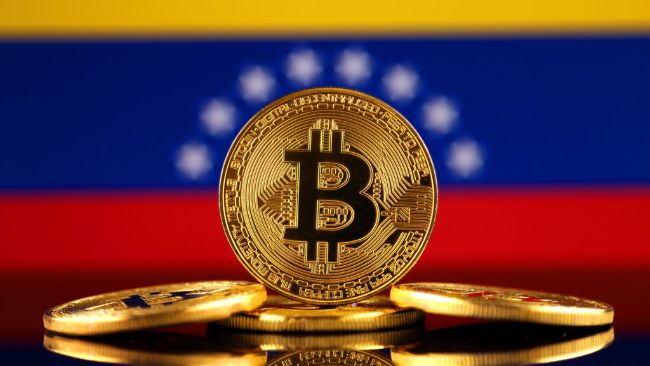
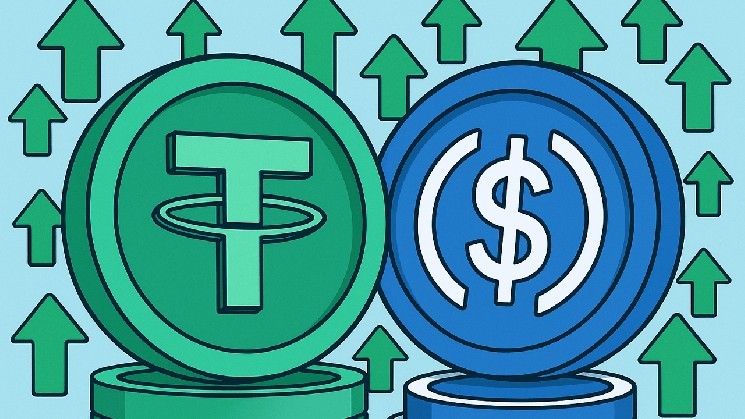
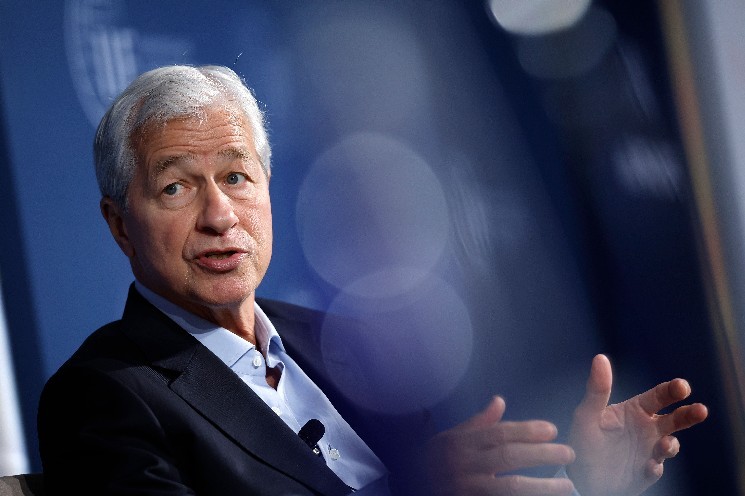

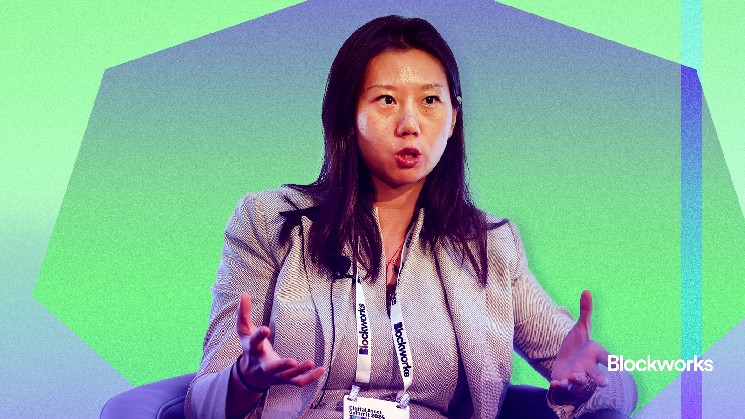




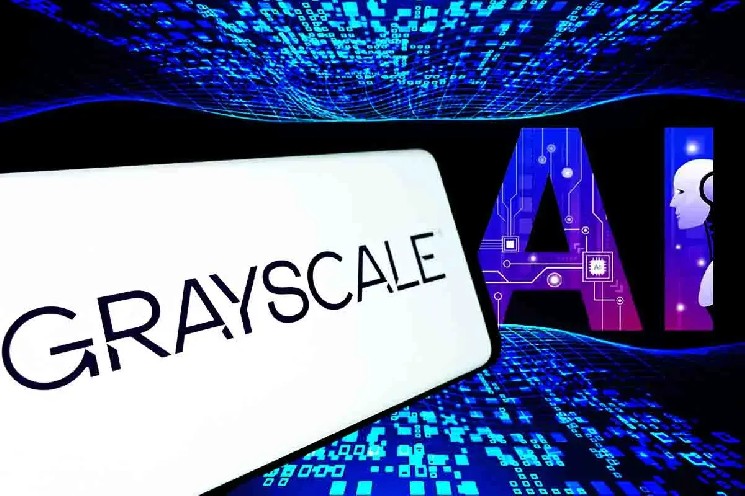


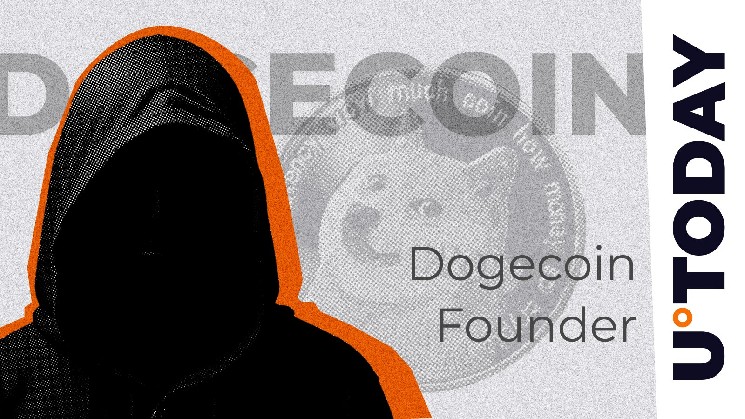
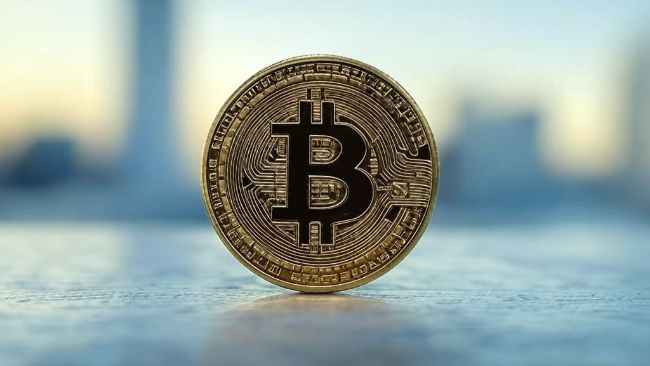
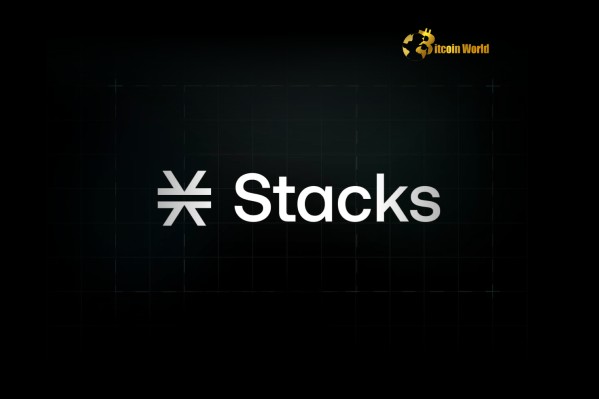
Leave a Reply